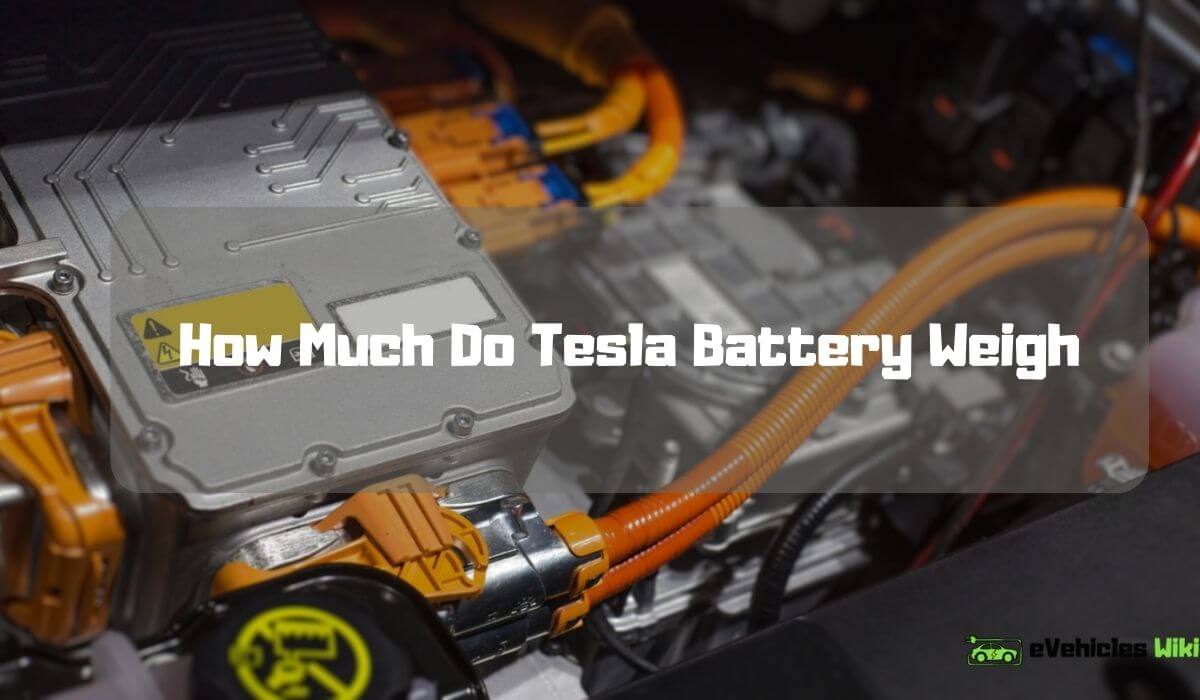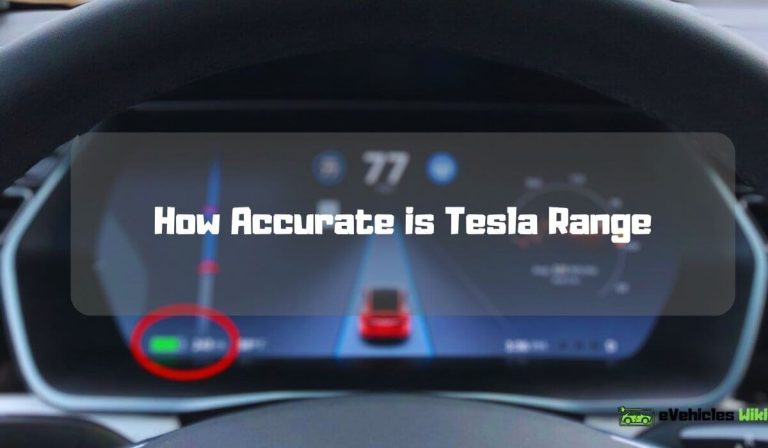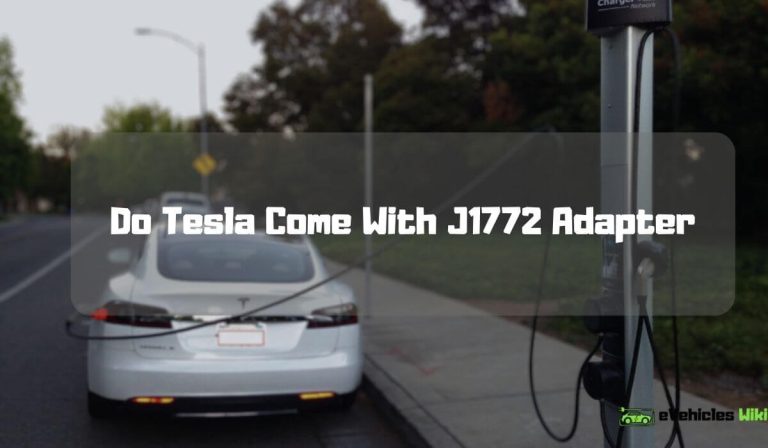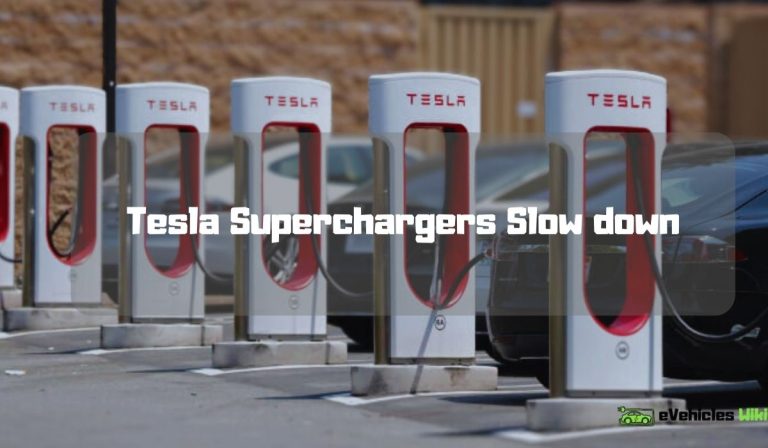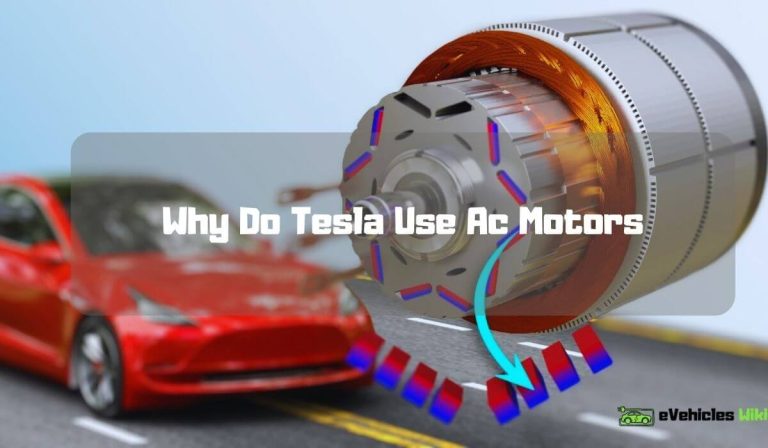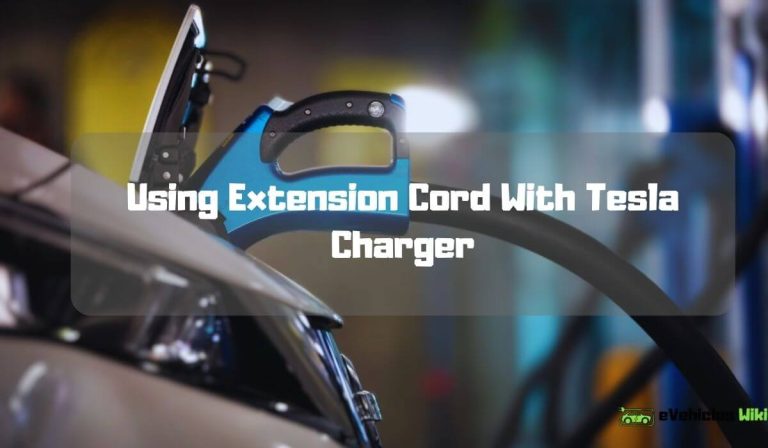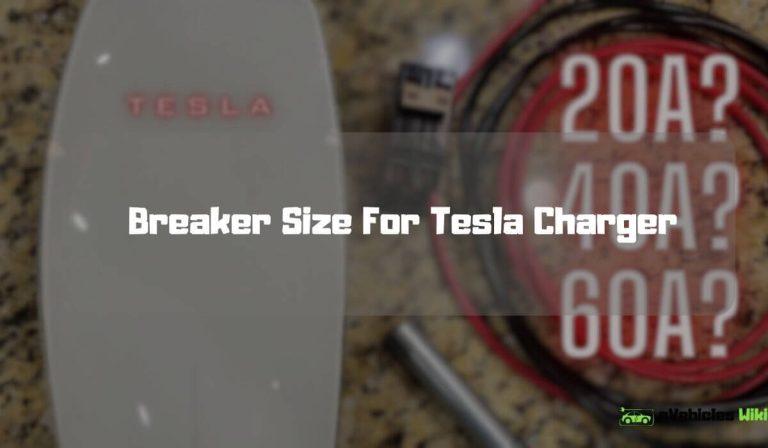How Much Do Tesla Battery Weigh
A tesla battery pack weighs between 900 and 1,300 pounds. Tesla battery pack models vary in weight because the number of cells used within the battery changes depending on the type of vehicle.
The weight of the battery pack corresponds to the range of the vehicle. The total weight of the vehicle is also taken into account when designing the battery pack. The company aims to produce energy-dense batteries with minimal weight for optimal vehicle performance.
With this in mind, tesla has developed lightweight and powerful battery cells that can provide long-range and fast acceleration for their electric vehicles. Understanding the weight of tesla batteries provides insight into the technology that is revolutionizing the automotive industry.
The Science Behind Tesla Battery Weight
Tesla’s electric vehicles have gained immense popularity in recent years. One of the most common questions asked by people interested in purchasing a tesla is, “how much do tesla batteries weigh? ” The answer to this question lies in the science behind tesla battery weight.
In this section, we’ll explain the principal parts that make up a tesla battery, how the engineering process determines battery weight, the materials used in tesla batteries that influence weight and mention the specific tesla models and their respective battery weights.
Explanation Of The Principal Parts That Make Up A Tesla Battery
A tesla battery is made up of three primary parts – the anode, cathode, and electrolyte. The anode and cathode are responsible for storing and releasing energy, while the electrolyte facilitates the movement of ions between the anode and cathode.
How The Engineering Process Determines Battery Weight
The engineering process plays a critical role in determining the weight of a tesla battery. Engineers evaluate the primary components of the battery and analyze the energy density to determine its weight. The energy density of a battery refers to how much energy the battery can store relative to its weight.
More massive batteries have a higher energy density, providing more energy for the car to travel longer distances. Engineers use computer simulations and real-world testing to evaluate energy density and battery performance.
A Discussion Of The Materials Used In A Tesla Battery That Influence Weight
The materials used in a tesla battery significantly influence its weight. The most critical component of a battery is the cathode. Tesla uses different cathode chemistries in its batteries, each with varying weights, energy densities and efficiencies. Additionally, the manufacturing process and the thickness of the electrode plates also impact the battery weight.
Mention Of Specific Tesla Models And Their Respective Battery Weights
Tesla’s vehicle models come equipped with different battery sizes and, consequently, different weights. The following are the battery weights for each tesla electric vehicle model:
- Model s long range: 1,433 pounds
- Model 3 long range: 1,060 pounds
- Model x long range: 1,433 pounds
- Model y long range: 1,394 pounds
Understanding the science behind tesla battery weight requires evaluating the primary components of the battery, the engineering process and the materials used. Tesla’s continuous innovation and unique manufacturing process have allowed them to produce batteries with high energy densities and reduced weights, making their electric vehicles even more efficient and popular.
Factors Affecting Tesla Battery Weight
How Size Affects Weight
The weight of a tesla battery greatly depends on its size. Here are some key points to consider when evaluating how size affects battery weight:
- Larger battery packs are generally heavier than smaller ones, as they contain more battery cells and other components, such as cooling systems and wiring.
- The model s and model x have some of the largest battery packs, weighing in at roughly 1,200 to 1,400 pounds.
- The model 3 and model y have smaller battery packs, weighing in at roughly 450 to 500 pounds.
- The weight of the battery has an impact on the overall weight of the car, which in turn affects its performance, handling and range.
Impact Of Battery Chemistry On Weight
The type of battery chemistry used in a tesla battery pack also affects its weight. Here’s what you should know:
- Tesla uses lithium-ion batteries, which are the most commonly used type of battery in electric vehicles.
- Within the lithium-ion battery family, there are different chemical formulations, such as nickel-manganese-cobalt (nmc) and nickel-cobalt-aluminum (nca).
- Nca is used in tesla’s model s and model x battery packs, while the model 3 and model y use nmc.
- Nca is a denser battery technology that allows for longer ranges, but it is also heavier compared to nmc.
- Battery chemistry plays a crucial role in the performance and range of the vehicle, but it also impacts the battery’s weight.
Differences Between Standard Range And Extended-Range Batteries
When it comes to tesla batteries, there are two main categories: standard range and extended-range. Here’s how they compare:
- Standard range batteries weigh less than extended-range batteries due to their smaller size.
- The extended-range batteries contain more battery cells, which increases their weight.
- The additional cells enable the car to travel longer distances on a single charge, but they also add to the overall weight of the vehicle.
- The model s and model x offer extended range options, while the model 3 and model y were designed to have similar ranges for both standard and long-range battery options.
Evaluating The Influence Of Production Techniques On Weight
The way a tesla battery pack is manufactured can have a significant impact on its weight. Here are some key points to consider:
- Tesla uses a combination of automated and manual processes to manufacture its battery packs.
- The gigafactory, tesla’s battery production facility, uses advanced technology to streamline the manufacturing process and reduce waste.
- Tesla is constantly working to improve the efficiency of its battery production, which can result in lighter, higher-performing battery packs.
- Manufacturing techniques can also affect the quality and reliability of the battery pack, which is crucial for the safety and longevity of the vehicle.
Tesla battery weight is influenced by various factors such as the battery’s size, chemistry, range options, and production techniques. Understanding these factors is crucial for anyone interested in learning more about electric vehicles and how they work.
Tesla Battery Weight Compared To Other Electric Vehicles
Tesla is a company that’s revolutionizing the automotive industry by implementing innovative and sustainable technology. As electric cars, tesla models come equipped with batteries that power their engines. So, how much do tesla batteries weigh? Let’s have a closer look and compare it to other popular electric vehicles on the market.
Detailed Comparison Of Tesla Battery Weight With Popular Electric Vehicles In The Same Category
Tesla Model S
- The model s comes equipped with a battery weight of approximately 1,200 pounds.
- It’s an all-electric vehicle with a range of up to 405 miles.
- The battery is designed in-house and provides power to the car’s rear-wheel or all-wheel drive.
Chevrolet Bolt
- The chevrolet bolt battery weight is about 960 pounds, lighter than the model s battery.
- It’s an all-electric vehicle with a range of approximately 259 miles.
- The bolt battery is designed and manufactured by lg chem.
Nissan Leaf
- The nissan leaf battery weight is around 600 pounds.
- It’s an all-electric vehicle with a range of up to 226 miles, depending on the model.
- The battery’s manufacturer is nissan, which also provides power to the electric engine.
Bmw I3
- The bmw i3 battery weight is about 450 pounds.
- It’s an all-electric vehicle with a range of approximately 153 miles.
- The battery is designed and created by bmw and maintains a charge for extended periods.
As we can see, tesla’s batteries weigh more than its competitors. However, it’s worth noting that tesla has a higher range, more advanced technology, and is designed and assembled in-house. The company has also invested billions in research and development, which has resulted in exciting breakthroughs in battery technology, allowing their cars to travel longer distances.
Tesla is continuously improving its batteries’ performance, giving it an edge over its competition.
While tesla’s battery weight might be heavier than its competitors, the company’s innovation, technology and commitment to sustainability makes it worthwhile. With tesla’s advancements in battery technology, it’s just a matter of time before the company sets itself apart from its competitors even further.
The Impact Of Tesla Battery Weight On Overall Performance
Discussion Of How Weight Can Affect An Electric Car’S Overall Performance
Weight is a crucial factor in determining a car’s overall performance, and electric cars are no exception. In fact, weight has even more impact on evs because the battery pack, which provides power, adds considerable weight to the vehicle. The tesla model s, for example, weighs 4,883 pounds, with its battery pack accounting for almost one-third of the weight.
A Look Into Range, Acceleration, And Other Critical Aspects Of Tesla Vehicles
The weight of the battery pack affects various critical aspects of tesla vehicles, such as range and acceleration. Here is how the battery weight impacts these areas:
Range
- Heavier battery packs reduce range because it requires more energy to move the vehicle.
- However, tesla prioritizes packing the battery with high energy density to increase the range despite the weight.
Acceleration
- More weight affects an ev’s acceleration because it requires more power to move the vehicle.
- However, tesla compensates for this by installing powerful motors and optimizing the motor and battery pairing.
Other Critical Aspects
- The battery weight affects handling and performance stability, which tesla addresses by placing the battery pack in the vehicle’s center of gravity to distribute the weight evenly.
- The added weight also affects the vehicle’s efficiency because it requires more energy to move the vehicle. Tesla offsets this by using regenerative braking to recover energy and other vehicle efficiency techniques.
Discussion Of The Trade-Offs Tesla Makes With Battery Weight
Tesla faces a trade-off when determining the battery pack’s weight. On the one hand, a larger battery pack increases range but decreases acceleration and affects handling. On the other hand, a smaller battery pack provides less range and performance but weighs less.
Here are the trade-offs tesla makes with battery weight:
- Tesla prioritizes battery size, allowing for a range that can exceed over 300 miles on a single charge.
- To balance range with performance, tesla installs powerful motors and optimizes the motor and battery pairing that maintain acceleration despite the added weight.
- Tesla strategically places the battery pack in the car’s center of gravity for optimal weight distribution to ensure stability and handling.
Frequently Asked Questions On How Much Do Tesla Battery Weigh
How Much Does A Tesla Battery Weigh?
A standard tesla battery weighs approximately 1,060 pounds (480 kg).
What Is The Lifespan Of A Tesla Battery?
Tesla batteries have a minimum lifespan of 300,000 to 500,000 miles.
How Long Does It Take To Charge A Tesla Battery?
The charging time varies based on the tesla model. On average, it takes around 8-10 hours for a full charge with a level 2 charger.
Conclusion
As we conclude our discussion on how much tesla batteries weigh, it has become clear that there is no definitive answer. The weight of a tesla battery largely depends on the model of the vehicle, the configuration of the battery, and the specific application.
However, one thing that remains consistent is tesla’s commitment to innovation and sustainability. Their batteries are designed to be high-performing, long-lasting, and environmentally friendly. As tesla continues to push the boundaries of electric vehicle technology, it is likely that we will see even more advances in battery design and functionality.
Ultimately, the weight of a tesla battery may be important to consider, but it is just one factor among many that make up the overall performance and efficiency of these remarkable vehicles. Regardless of the weight, tesla’s commitment to electric transportation will continue to transform the automotive industry and our world.

